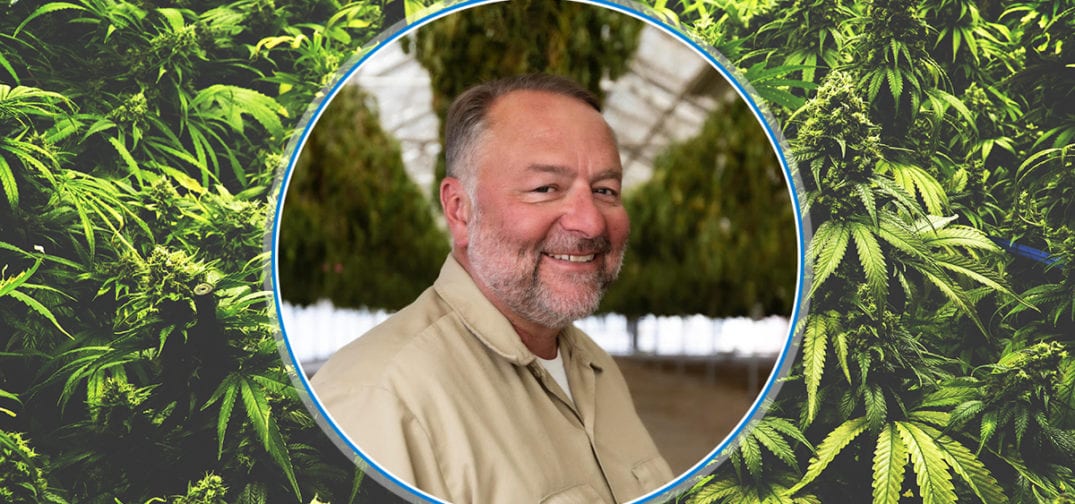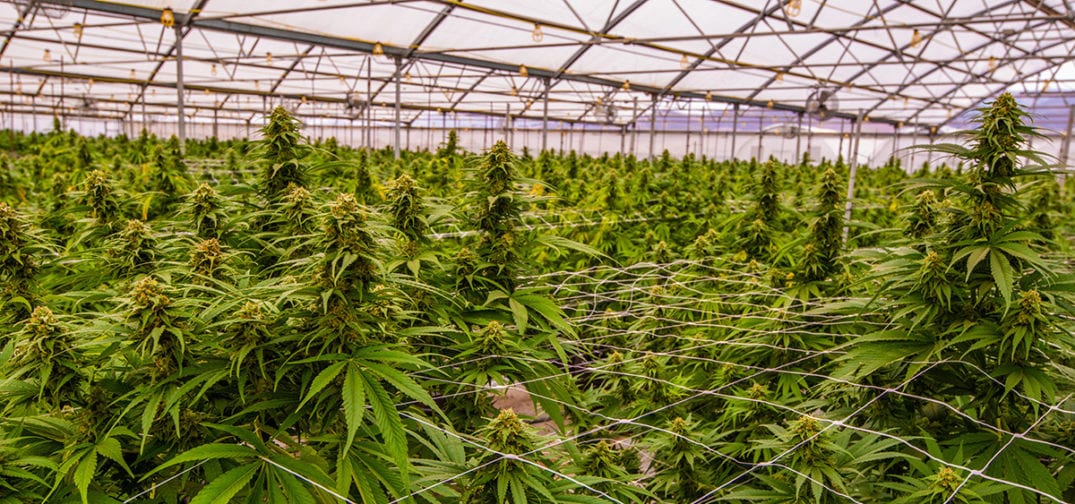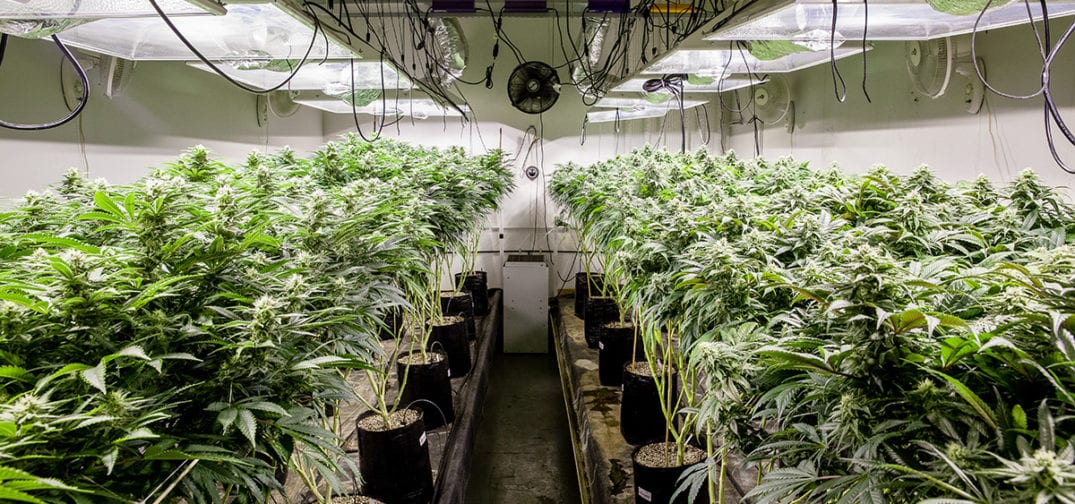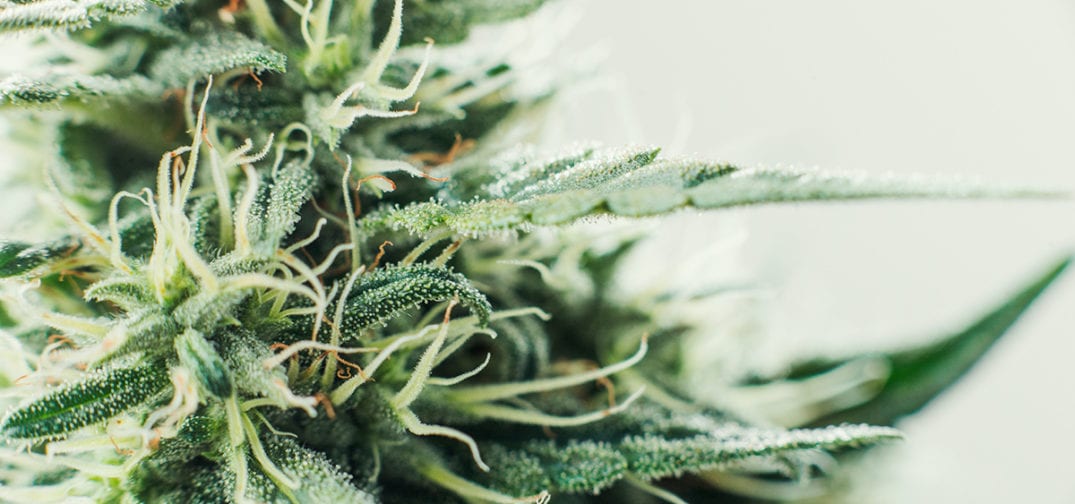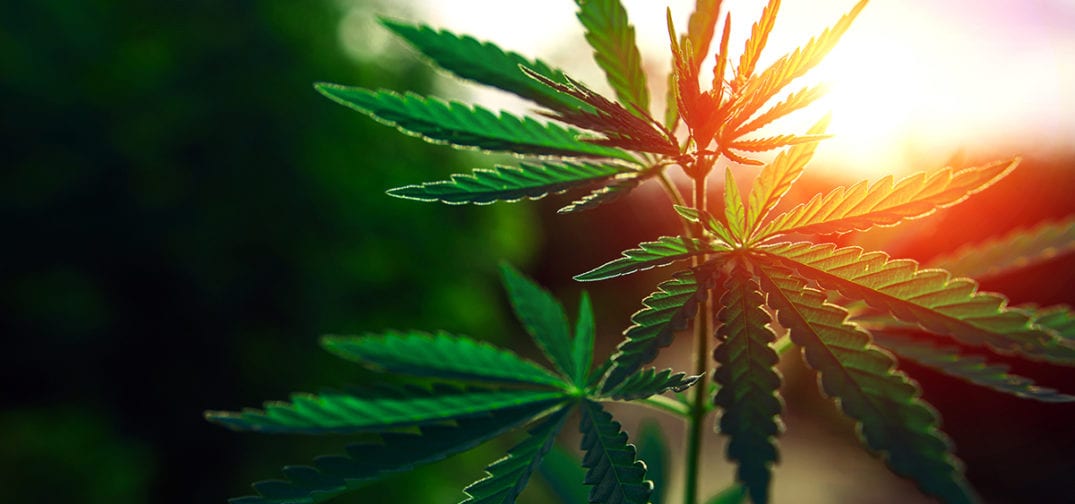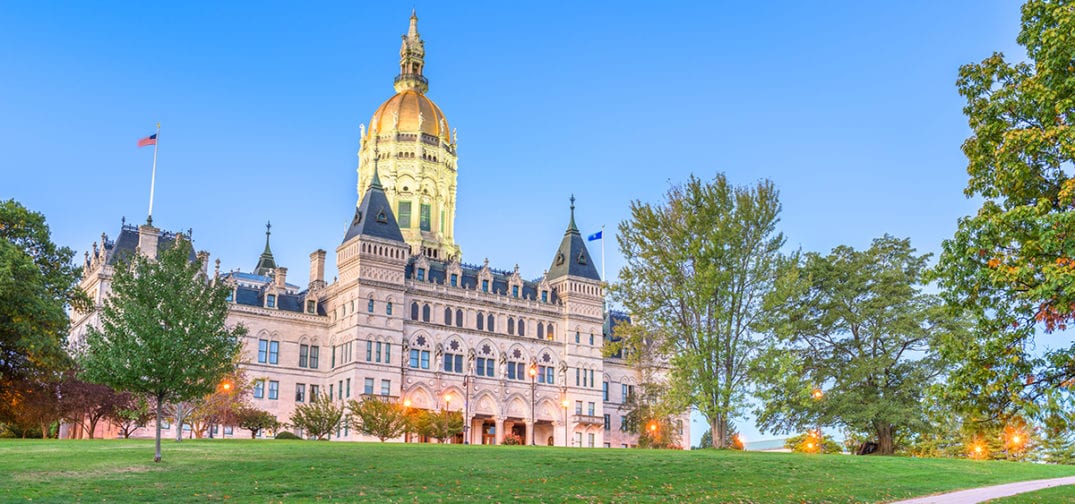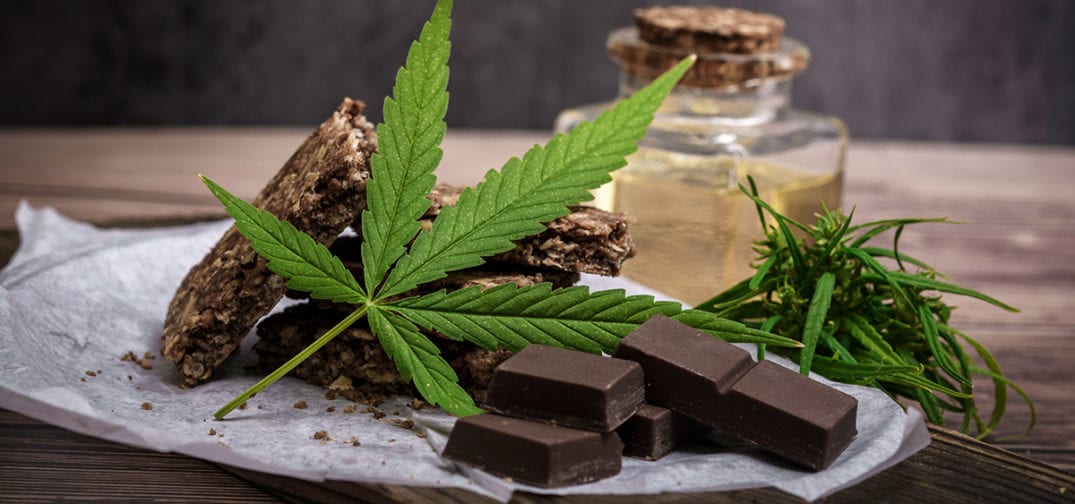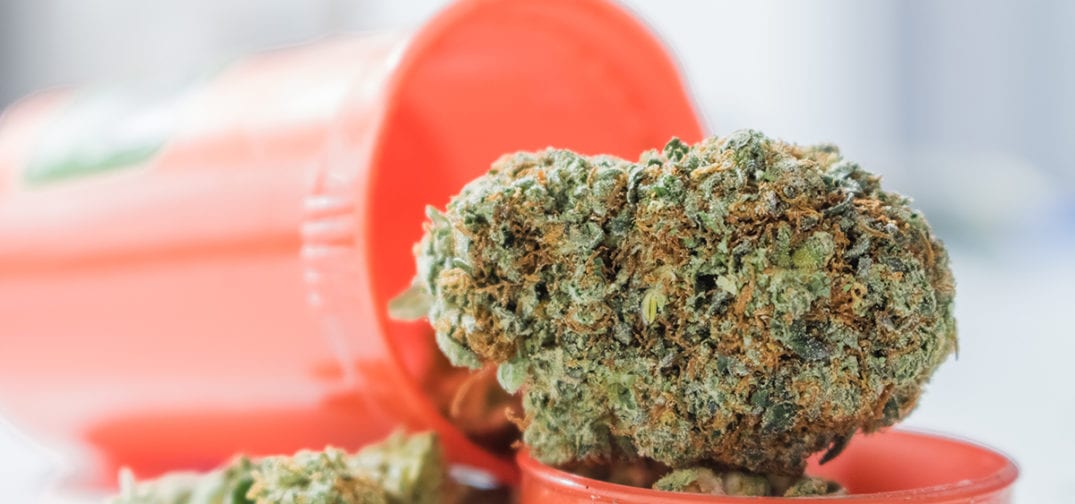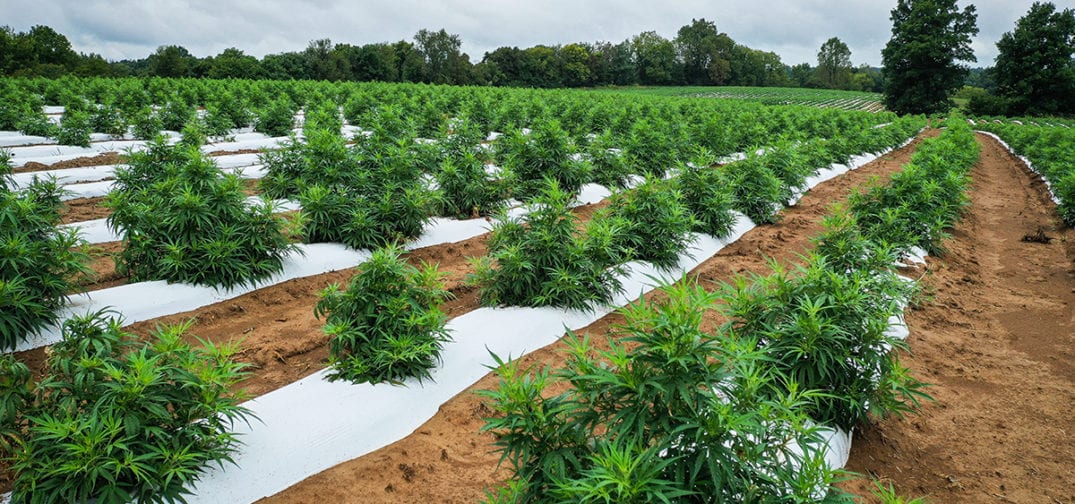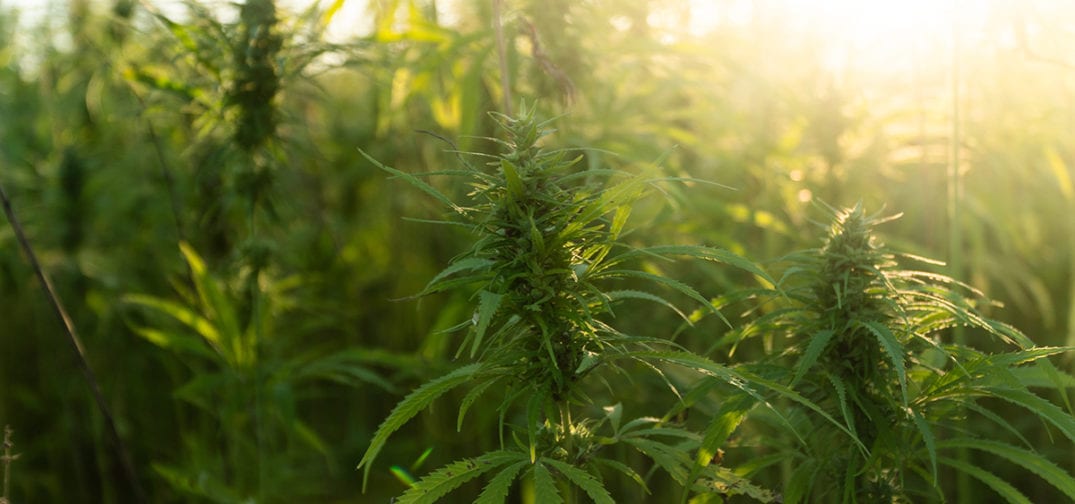We recently interviewed Scott to ask about Goldenseed‘s award-winning products and his experience so far in the California marketplace. Scroll down to check out the biggest lessons he’s learned, which Goldenseed products have performed the best, Scott’s future plans for expansion, and more!
Ganjapreneur: What are some of the most popular Goldenseed products or genetics in the California market?
Scott Goldie: Our pre-roll terpene tip joints have been incredibly popular – winning two first place awards at High Times and Hempcon competitions and being picked up in close to 50 dispensaries already. In general, our flower has been well-received by the market due to the high terpene profiles and with many strains exceeding 20% THC. This year we will be expanding our product offerings significantly, leveraging the lifestyle brand we have created and our rapidly-expanding distribution. On the hemp side, we have highly-desired genetics that have very high CBD percentages with strong terpene profiles. Recently, we partnered with a company to manufacture hemp cigarettes. They did a nationwide search and determined we had the best genetics for their product.
Does the brand have plans to acquire producer licenses in other states? Which markets?
One of the reasons we chose to do a stock offering to the general public was to build the brand nationally, even though we can’t sell cannabis products outside of California yet. When cannabis becomes legal at the federal level, we will have name recognition and a foothold in many states and we think this will give us a leg up on other brands. We’ve already had people apply to invest from more than 40 states and 14 countries, and we just got started with the stock offering. It will be nice to have investors across the country knowing who Goldenseed is, telling their friends, family and local dispensaries about us. Of course, with hemp and CBD products, we can already market around the country, which will also help us build name recognition. While we have explored several licensing opportunities on the West Coast, at this time we are focused on building our infrastructure and distribution here in California. As we become identified as an iconic California lifestyle brand, we think our message and product offerings will resonate and become highly-desired in other states. A parallel I like to draw is the desirability of a Napa Valley cabernet, a well-established icon coveted by wine aficionados throughout the country and even recognized by many casual wine drinkers. As we build the Goldenseed cannabis brand and expand our identity in other states through our stock offering, we feel licensing opportunities will be more likely.
How does Goldenseed acquire their genetics? Do you breed new strains or acquire genetics from reputable breeders?
Our grower has been growing for nearly four decades. Over that time period, he has amassed a library of some of the best genetics in terms of taste, appearance, aroma, yield, terpene profiles, THC content, grow time and disease resistance. While he has sourced some genetics historically, he takes great pride in being a breeder. He is constantly on pheno hunts — cross-breeding and back-breeding to create the best and most consistent strains.
Goldenseed is almost completely vertically integrated — which aspects of the supply chain are owned or controlled in-house, and which aren’t?
Goldenseed is completely integrated at this point, starting with a worm farm that produces vermicompost for our plants, nursery, cultivation, manufacturing and retail products. While we have a distribution license, we are currently using third party distributors to bring our products to the market.
Why did Goldenseed decide to start raising public funds using Regulation A fundraising?
In addition to name and brand recognition nationally, we really wanted to give everyday people a chance to join us on this journey at an early stage by investing – even a small amount. Why should the wealthy and the well-connected be the only ones who get to invest in a company like ours at an early stage where there is growth potential? We saw this stock offering as a way to democratize the investment process for the little guy and to give them a chance to own a piece of something that they love and believe in. It’s heartening to hear from them as they go through the investment process and tell us how much it means to them to have a chance to invest in us and in the cannabis industry. To know we were the first U.S. grower to be able to do this after being qualified by the SEC is really special. A lot of people have told us they still can’t believe they can legally buy weed, much less own a farm that grows it!
What did it take to get SEC approval for a cannabis farm?
A lot of people thought we were crazy going to the SEC and asking them to qualify a stock offering for a company like ours that “touches the plant” — we grow it, we process it, we make and sell products. To ask a federal agency to review what we do — with cannabis illegal at the federal level — was intimidating at first. But we partnered with our securities lawyer, Kendall Almerico, who had a lot of experience with Regulation A, the law that allows a private company like ours to sell stock to the public, and he guided us through the grueling process. We had to submit detailed business plans, audited financial statements, contracts and hundreds of pages of documents that explain pretty much everything about Goldenseed. The management team had to undergo background checks. The entire process took a few months but the examiners at the SEC were very professional to work with. We made it through and proved a lot of people wrong. I think it is a sign that times are changing and hopefully we will see the federal ban on cannabis lifted soon. When that happens, Goldenseed will almost certainly already have a national footprint with investors all over the country, which we think gives us a leg up on all competitors.
What protections do investors have if the necessary funding isn’t raised?
We’re dedicated to making this company profitable and to providing each and every investor with a return on their investment. We are not relying on this stock offering alone to fund the business — we have products to sell and are in a lot of dispensaries already. We have already generated revenues even at our early stage. We have a big hemp harvest already in our processing facility that we plan to monetize. We just planted a new crop of cannabis plants to turn into pre-rolls and flowers to take to market. There are never any guarantees of course, and we all know any investment involves a level of risk. For instance, when you buy stock on the New York Stock Exchange sometimes that stock loses value and some of those companies even go bankrupt. All an investor can do is put their money and their faith in a company they believe in, who does things the right way. We are doing everything we can to make sure we remain a company our investors, large and small, can be proud to be a part of.
With the proper funding what expansions and plans does Goldenseed plan to undertake?
We would eventually like our California lifestyle brand to be available in every state that allows the sale of recreational cannabis, once the federal ban is lifted. We think people all over the country will identify with the quality of our brand and the roots of the cannabis industry in the state of California, and that Goldenseed will be a desirable and popular brand as a result. All along, maintaining the award-winning quality of our products and our sustainable and natural farming methods is a huge key. On the hemp side, we are presently planning to roll out hemp cigarettes nationally and internationally very soon, we recently announced a hemp clothing line with Zane Lamprey of Adv3nture, and a number of CBD products that we believe will be of the highest quality we can possibly make are in the works. Remember, our core management team has experience to manage the infrastructure needed to grow this company in a responsible, but fast way — without cutting corners on the quality of our products.
Thanks, Scott, for sharing your input and expertise with our readers! Learn more about Scott Goldie and Goldenseed at GSeed.com.


